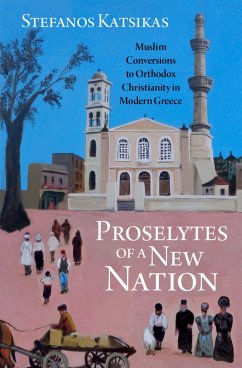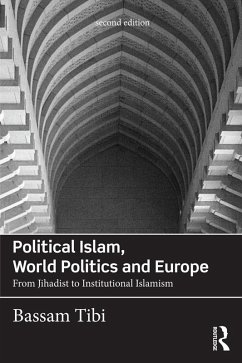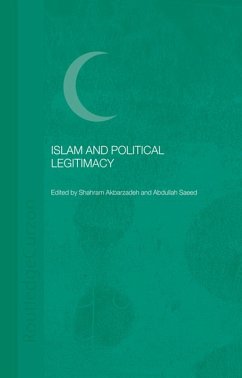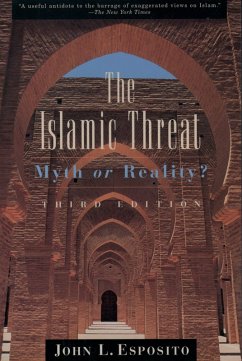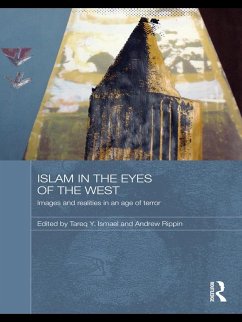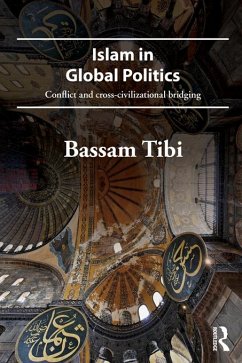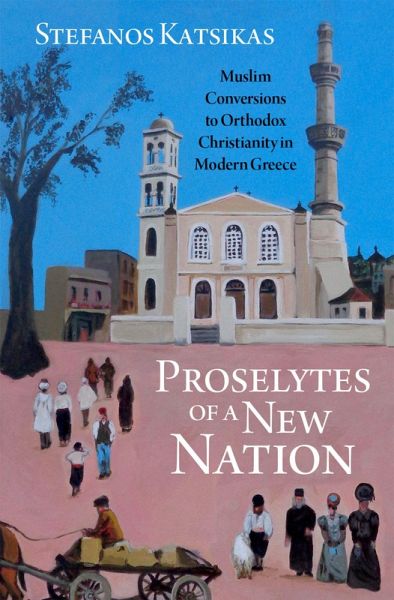
Proselytes of a New Nation (eBook, PDF)
Muslim Conversions to Orthodox Christianity in Modern Greece
Versandkostenfrei!
Sofort per Download lieferbar
30,95 €
inkl. MwSt.
Weitere Ausgaben:

PAYBACK Punkte
15 °P sammeln!
Proselytes of a New Nation analyzes questions such as: Why did many Muslims convert to Greek Orthodoxy? What did conversion mean to the converts? What were their economic, social, and professional profiles? And how did conversion affect the converts' relationships with Muslim relatives in Greece and the Ottoman Empire? Because Sharia law and the Ottoman legal system could keep Muslim apostates--Muslims who had converted to other religions--from inheriting family property, Stefanos Katsikas examines the ways in which conversion complicated family relations and often led to legal disputes. This ...
Proselytes of a New Nation analyzes questions such as: Why did many Muslims convert to Greek Orthodoxy? What did conversion mean to the converts? What were their economic, social, and professional profiles? And how did conversion affect the converts' relationships with Muslim relatives in Greece and the Ottoman Empire? Because Sharia law and the Ottoman legal system could keep Muslim apostates--Muslims who had converted to other religions--from inheriting family property, Stefanos Katsikas examines the ways in which conversion complicated family relations and often led to legal disputes. This volume also discusses the method used by the Greek state to adjudicate legal disputes on property issues between neophytes (converts) and their Muslim relatives. Proselytes of a New Nation maintains that religious conversion in the era of nationalism was far more consequential for the convert, their family, and their social relations. Converts received not only community attention, but also national. Depending upon the religious affiliation and nationality of an individual, they regarded neophytes as either "traitors" or "heroes." Against this sociopolitical backdrop, conversion more drastically affected the social fabric of communities than in the pre-modern era, and more often led to violence and conflict.
Dieser Download kann aus rechtlichen Gründen nur mit Rechnungsadresse in A, B, BG, CY, CZ, D, DK, EW, E, FIN, F, GR, HR, H, IRL, I, LT, L, LR, M, NL, PL, P, R, S, SLO, SK ausgeliefert werden.




